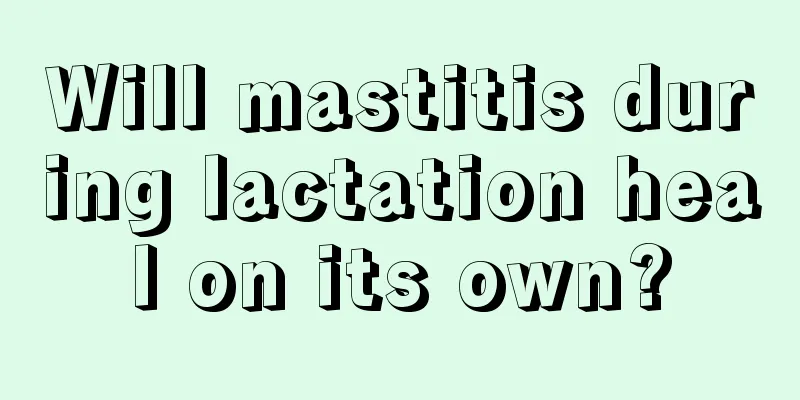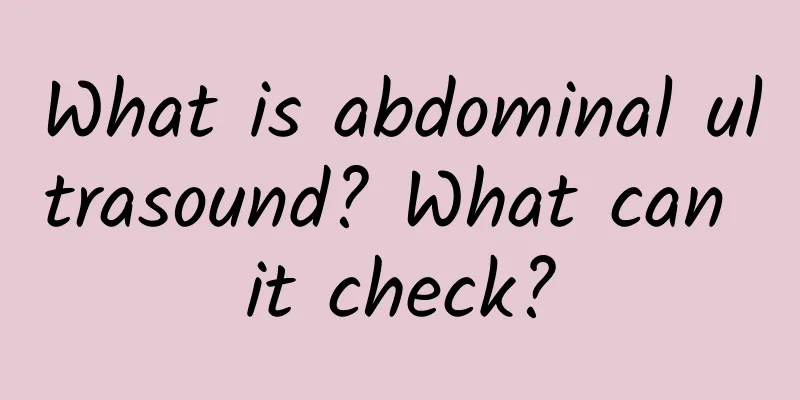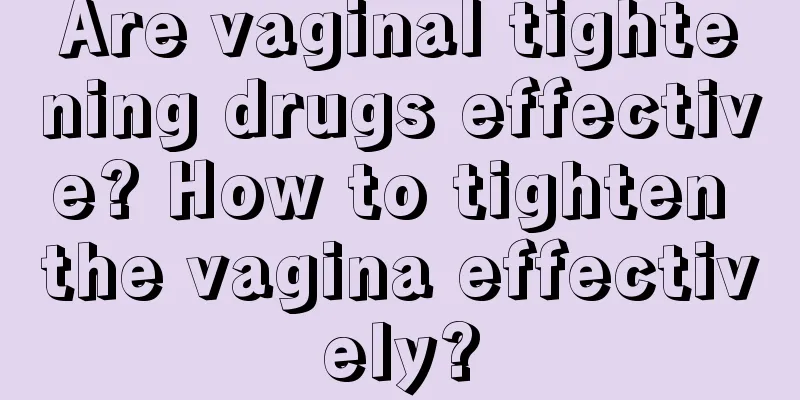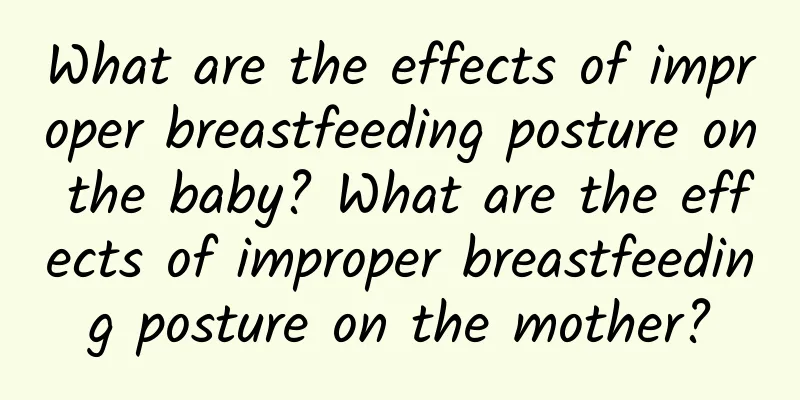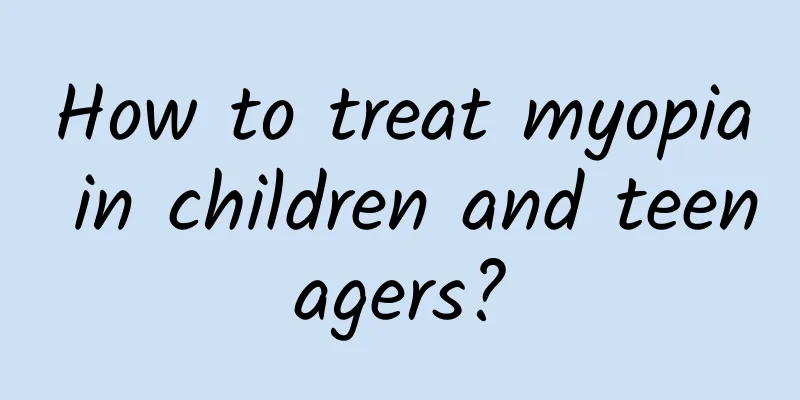What does the HPV nine-valent vaccine prevent?
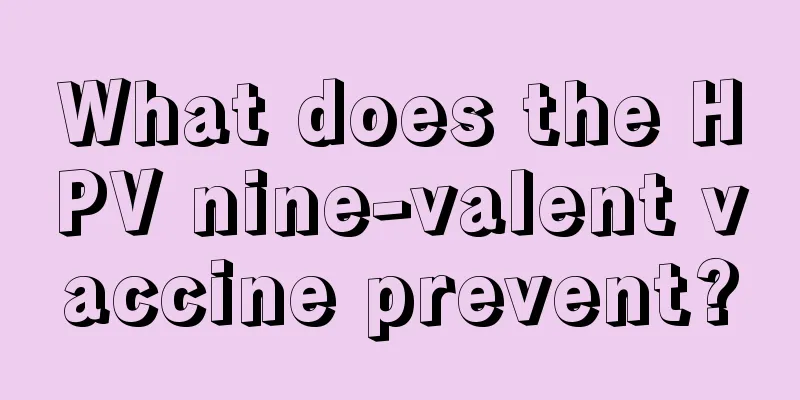
|
The HPV family is very large, with more than 100 known clinical diagnoses. In clinical medicine, HPV is divided into low-risk and high-risk types based on the carcinogens of HPV. Some low-risk types of HPV can cause genital warts, such as the "genital warts" often written on advertisements posted close to electric poles in alleys. The following is a detailed introduction to what the HPV 9-valent vaccine prevents. What does the HPV9 vaccine prevent? HPV9 The vaccine can prevent diseases caused by nine types of HPV, namely 6, 11, 16, 18, 31, 33, 45, 52 and 58, which include cervical cancer, vulvar cancer, vaginal cancer, anal cancer, genital warts, anal fistula, persistent infection, precancerous lesions or atypical sexually transmitted diseases. HPV9 vaccine recipients 1. The age of participants in the clinical study applicable to the sale of this vaccine is 16 to 26 years old. In this age group, the vaccine's overseas clinical trial data and its protective effectiveness against persistent infection in the Asia-Pacific population suggest that its benefits outweigh the risks. 2. In our country, the probability of females aged 9 to 15 years old surviving is very low. Only immunity bridging experiments were conducted for those aged 9 to 15 years old, and the clinical trial data information on the Chinese population in the Asia-Pacific region was limited. 3. Women over 26 years old are likely to have a history of virus exposure and infection, and there is currently no evidence to prove that the vaccine has a protective effect on exposed groups of this age group. The limitations of the HPV9 vaccine 1. This vaccine cannot cancel/stop women’s long-term cervical cancer screening (secondary prevention measure). 2. Vaccination This vaccine does not cancel/stop the highly recommended anal cancer screening. 3. This vaccine cannot protect individuals who have been infected with HPV. 4. This vaccine cannot protect against other types of related diseases other than the matching type. 5. This vaccine cannot treat diseases caused by the types described in the instructions for use. 6. This vaccine has not been proven to protect against private, vaginal and anal cancers caused by HPV types other than the matching type. 7. This vaccine cannot protect against diseases not caused by HPV. 8. This vaccine cannot protect all recipients. 9. The actual effectiveness of this vaccine in protecting against CIN ( ) in people over 26 years of age has not been confirmed. |
<<: What medicine is good for yellow leucorrhea
>>: Leucorrhea self-examination chart
Recommend
What time does Guyu fall in 2020? What do people do during Guyu?
Grain Rain is one of the 24 traditional solar ter...
What is the cause of bleeding after sex one month into pregnancy?
In the early stages of pregnancy, women need to p...
Why don't you feel hungry after eating compressed biscuits? Can you drink water after eating compressed biscuits?
There are many compressed biscuits on the market ...
Second trimester temperature
A woman's body will undergo many changes afte...
Caesarean section
Caesarean section is an important procedure to pr...
What should I eat if I have constipation during menstruation?
Many friends lack exercise for a long time, which...
Recovery after myomectomy
Uterine fibroids are a very common gynecological ...
Is there any connection between scanty menstruation and anemia?
The situation of scanty menstruation is quite com...
Will multiple breast nodules turn into cancer?
The disease of multiple breast nodules is caused ...
Why does my mouth feel bitter after pregnancy?
The main reason for a bitter taste in the mouth d...
How to wake up a newborn to feed
Sleep quality is very important for every newborn...
What to do if nipple inflammation
The nipples are the outlet for milk secretion and...
How to eat during menopause to reduce the risk of cardiovascular disease?
How to eat during menopause to reduce the risk of...
How many days after menstruation is the fertile period
In fact, for many couples who are preparing for p...
Cervical canal length reference table for pregnant women
Examinations during pregnancy can effectively mon...

